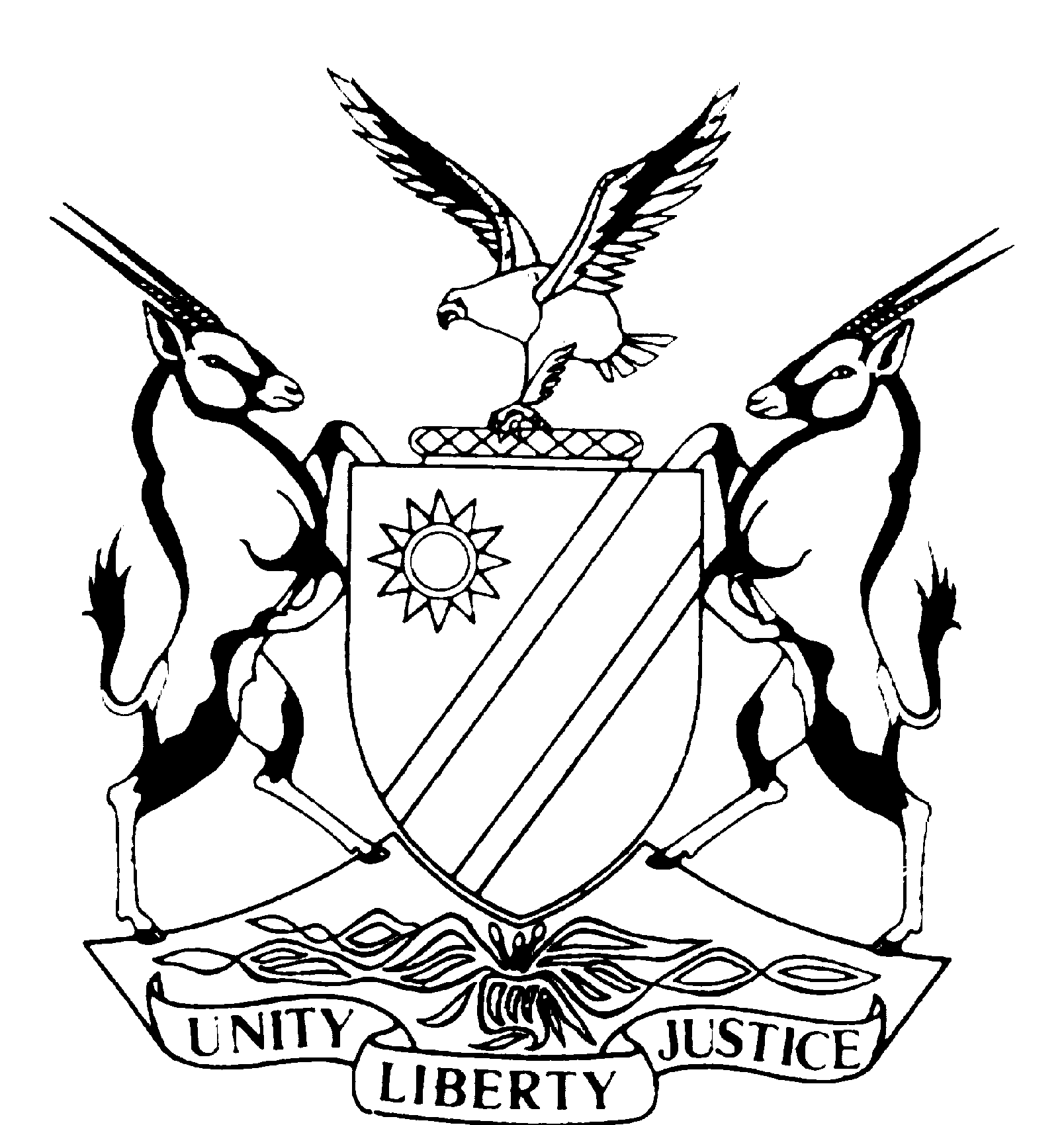
CASE NO. CR 37/2011
IN THE HIGH COURT OF NAMIBIA
In the matter between:
THE STATE
versus
TJANDJAA TJERIKO CLOUS ACCUSED
HIGH COURT REVIEW CASE NO. 395/2010
CORAM: VAN NIEKERK, J et SWANEPOEL,J
Delivered on: 20 April 2011
___________________________________________________________________________
SPECIAL REVIEW JUDGMENT
SWANEPOEL, J.: [1] This matter comes before me as a special review in terms of section 116(3) of the Criminal Procedure Act, Act no. 51 of 1977, (CPA), forwarded by the Regional Court Magistrate Otjiwarongo, after having entertained a doubt whether the proceedings in the magistrate’s court, where the accused was convicted of stock theft, were in accordance with justice. It must be mentioned that the accused was legally represented during his trial before the Magistrate’s Court, as well as before the Regional Court by the same legal representative.
[2] The first concern of the learned regional court magistrate is expressed as follows:
“2. Contrary to the provisions of Section 105 of the Criminal Procedure Act, the accused did not plead to the charge after it was read out to him by the Public Prosecutor. Instead Defence Counsel for the accused, Mr Siambango, intervened purportedly to explain to the Court that the accused was going to plead not guilty to the charge preferred. He advised the Court that the accused was going to tender a guilty plea for contravening Sections 2, 3 and 5 of the Act.
3. The Public Prosecutor having rejected the limited plea, the court then ordered that the matter must proceed to trial. The Court did not, therefore, record any plea from the accused. Apparently Defence Counsel pleaded on behalf of his client. I refer to page 2 to 4 of the transcribed record.
4. Defence Counsel proceeded to give a plea explanation I assume in terms of Section 115 of the Criminal Procedure Act. However, the accused did not confirm that plea explanation in full in terms of Section 115(3). I refer to page 5 of the record – what he confirmed were the admissions to be recorded in terms of Section 220.
5. By failing to adhere to the procedure by demanding that the accused pleads forthwith to the charge, the Court misdirected the proceedings leading to the Defence Counsel and the Public Prosecutor going astray.”
[3] On page 2 of the transcribed record the prosecutor put the charge of Stock Theft to the accused where after the legal representative of the accused confirmed his appearance on behalf of the accused. Then the Court record reads:
“Court: Maybe Mr Siabango I just want to hear his response and then you, because the charge is being put to him….” On page 4 the record continues:
“Mr Thourob: CALLS –
INTERPRETER: Your Worship Accused entered a plea of not guilty, plea of not guilty your Worship.
COURT: Mr Siambango.
MR SIAMBANGO: As the Court pleases. Your Worship I confirm that the plea of not guilty is in accordance with my instructions Your Worship….”
It is clear from the charge sheet that the learned magistrate did not enter this plea of not guilty on the handwritten record. Based on the transcribed record I am satisfied that the accused had indeed pleaded personally to the charge.
[4] After the aforementioned plea the legal representative on behalf of the accused made certain admissions in terms of the section 220 of the CPA which were confirmed by the accused.
[5] I am however, in agreement with the learned regional court magistrate’s view that the impeachment procedure followed when the second state witness, Operi Kazanainue testified was not proper. The State was allowed to cross-examine its own witness before the said witness had been declared hostile by the court. The court only declared the witness hostile
after he had been cross examined by both the State and the defence. Suffice to say that his statement differs in material respects with his evidence in court. The learned magistrate did however not comment on any credibility findings in respect of the said witness. I am further in agreement that the conviction of the accused on the main charge of Stock Theft hinged on the evidence of the aforesaid witness and that the charge cannot stand in the absence of the testimony of this witness.
[6] I am also in agreement with the learned regional court magistrate that the conviction of stock theft cannot stand. In my view it should be substituted with a verdict of guilty of contravening section 3 of the Stock Theft Act, Act no. 12 of 1990 as amended as the section 220 admissions and the evidence of the accused during the trial (which in the circumstances was reasonably possibly true) fall more readily within the provisions of section 3 of the Act which provides as follows:
“3. Any person who in any manner, otherwise than at a public sale, acquires or receives into his possession from any other person stolen stock or stolen produce without having reasonable cause for believing, at the time of such acquisition or receipt, that such stock or produce is the property of the person from whom he acquires or receives it or that such person has been duly authorized by the owner thereof to deal with it or dispose of it, shall be guilty of an offence.”
[7] As the value of the stock was not properly proved with acceptable evidence I intend to refer the matter back to the regional court magistrate
for the passing of sentence after receiving evidence in terms of section 274(1) of the CPA.
[8] In the result the following order is made:
1. The conviction of stock theft is set aside and substituted with a conviction of contravening section 3 of the Stock Theft Act, Act no. 12 of 1990.
2. The matter is referred back to the regional court magistrate to pass sentence.
__________________
SWANEPOEL, J
I agree
__________________
VAN NIEKERK, J